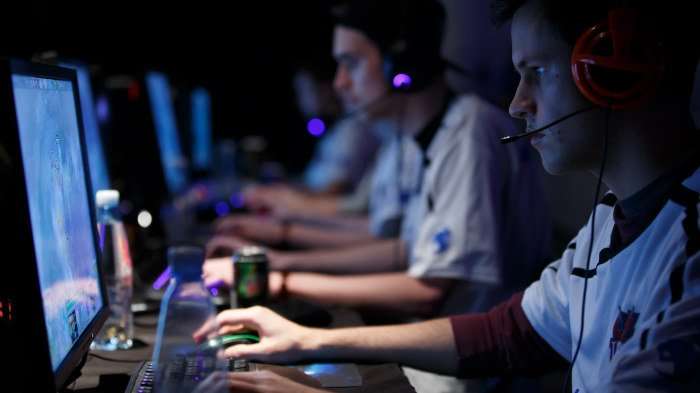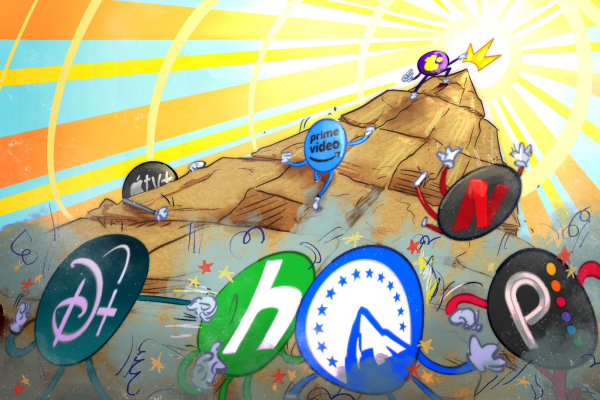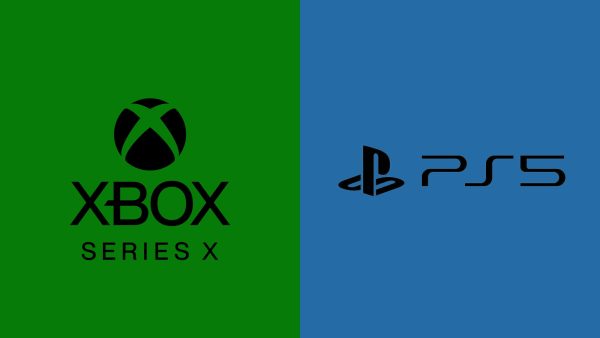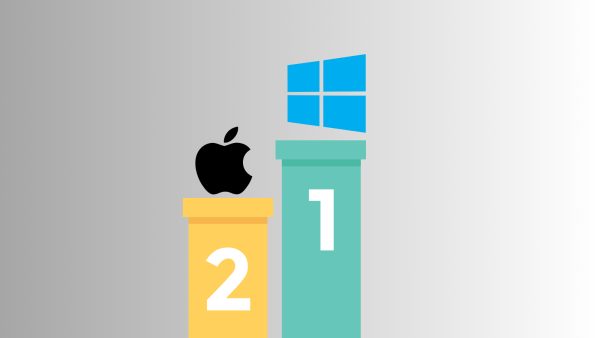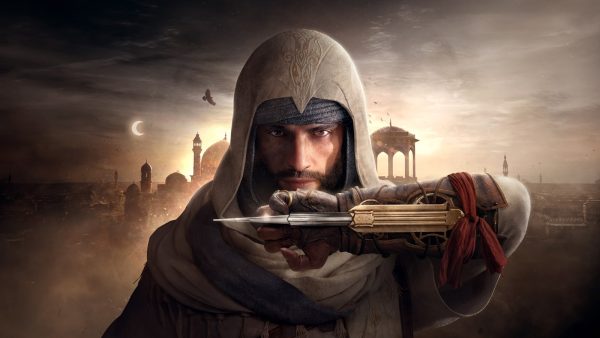Opinion: Why Olympic esports works for nobody
The International Olympic Committee’s foray into esports and gaming falls flat on its face
Esports titles such as League of Legends have vastly popular, yet are missing in the Olympics Esports series. Via Santtu Pajukanta/Gamerrable
The best of the best, the strongest of the strong. Representing your country on the world stage is the magic of the Olympics. During the summer and winter games, the competition captivates the globe and gives athletes from different regions of the world an opportunity to write themselves into history and represent their countries on the world’s biggest stage. Since the days of ancient Greece, the Olympic games have been considered the pinnacle of sport. With the recent addition of esports, however, the prestige of the Olympics has been blighted by its bizarre selection.
The Olympics has been solely associated with athleticism, tactical wit and representing your nation with pride and honor. By associating esports with the Olympics, it shows pandering to what’s popular and looking to pry away from just being known for athletics.
“Playing in the Olympics is the ultimate goal for a lot of athletes, it’s where you’re among the best of the best,” said Raul Sanchez, 23, a former track and field athlete while in high school. “It is so difficult to get there, I would just be proud to be at the stadium to be honest.”
As the years have gone by, the world has evolved and now the Olympics are exploring the world of esports. The International Olympic Committee announced the launch of the Olympics Esports Series 2023 on March 1. The competition is a separate entity from the summer and winter games, but will be under the name of the Olympics for avid gamers to participate.
“That’s definitely surprising to hear and I don’t know why they would view video games as a sport,” Sanchez said. “I feel like video games are their own separate thing and doesn’t need to be part of the Olympic brand.”
Many of the sports in the Olympics include an athletic element to them, even the more controversial additions that debuted at Tokyo 2020 such as skateboarding, surfboarding and climbing require physical skill. Other competitions under the Olympic name such as the Paralympic Games and Youth Olympic Games have their contestants use athleticism to be considered the best.
Esports is an almost otherworldly contrast from even the Olympics’ most mundane events. Just sitting in a chair and mashing buttons multiple times to beat the opponent should not be rewarded the same level of prestige as men and women who run at the highest speeds as humanly possible to earn the chance at competing in the Olympic games.
Even though esports have been on the rise since the late 2000s, the Olympics’ version is strangely not using the most popular games in the world or games used in traditional esports competition settings.
Call of Duty, Overwatch, FIFA, League of Legends, Halo, Rocket League, Counter Strike and Fortnite have all built large fan bases and are among the most played franchises in the world. Alongside building up substantial fanbases, they have also established thriving competitive scenes to compliment their titles by sponsoring esports competitions and leagues which often offer highly lucrative cash prizes.
Oddly, the IOC has decided to use games such as Tic Tac Bow for archery, the website chess.com for chess, the platform Zwift for cycling and Just Dance for the dancing competition, just to name a few unorthodox esports platforms.
“It’s not the games you would expect to hear when someone tells you the Olympics will have an esports competition,” said Tracy Lee, 19, an active Overwatch gamer.
“I think the last time I played Just Dance was back when I had my Wii,” said Lee.
With the Olympics taking an approach to grab the attention of gamers, it fails by having its lineup of games be irrelevant to today’s most popular titles.
The majority of video games already have major tournaments attached to themselves and remain extremely popular to view on streaming platforms such as Twitch and YouTube.
“The Overwatch League and Overwatch World Cup showed that people will watch these games and that the fan bases are kinda obsessed with esports,” Lee said.
With multiple franchises able to host their own tournaments with thousands of loyal fans watching, video game streaming is more popular than ever and the globalization of video games shows why the IOC is trying to get into this market.
Since video games do not need a large venue or the participants to be in the same building, the first qualification rounds of the Olympics Esports Series will be conducted remotely. The event will then culminate with in-person finals during Olympic Esports Week from June 22-25, 2023, in Singapore.
“It’s easy to copy the model from the other competitions but I don’t think the Olympics will grab the attention of the gamer who plays Overwatch or Call of Duty regularly,” said Lee, “I probably wouldn’t participate because I don’t know about any of the games, I can’t see any of friends really wanting to do this.”
The IOC is trying to expand its reach but it just falls flat. This marks the start of a disassociation with sports with the poor selection of games in the Olympics Esports Series, taking away the prestige of the Olympics as an event.



